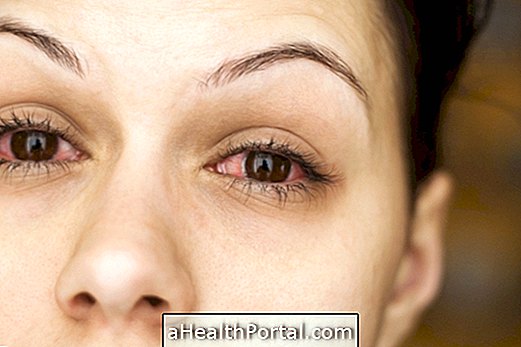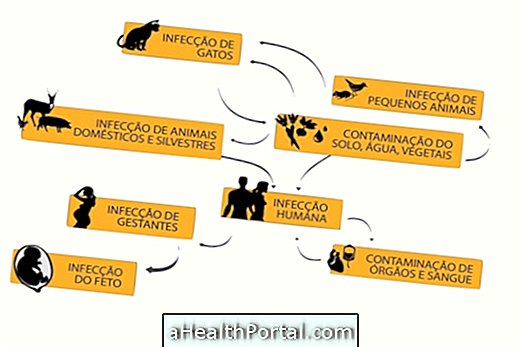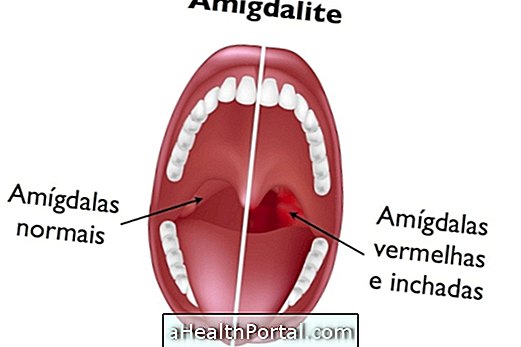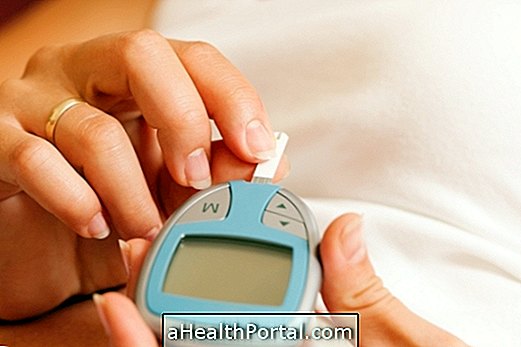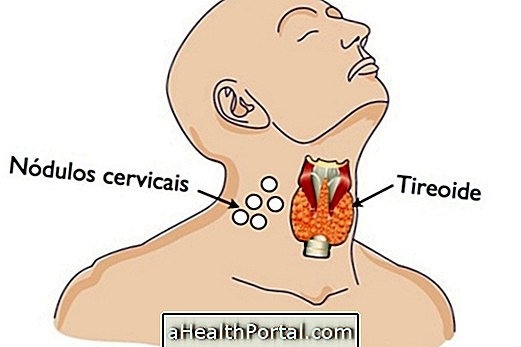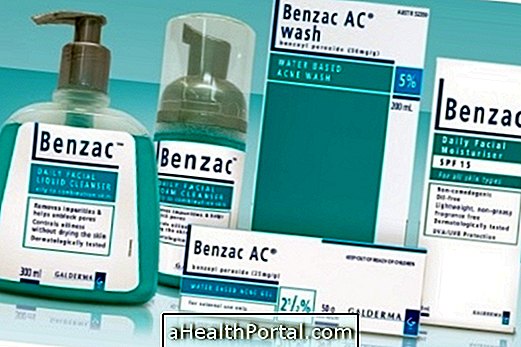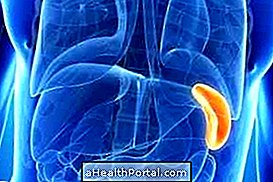Hepatitis A is a contagious disease caused by a virus of the Picornavirus family, which causes inflammation of the liver. It most often causes a mild and short duration, and usually does not become chronic as in hepatitis B or C.
However, people who are weak or have weakened immunity, such as those with uncontrolled diabetes, cancer and AIDS, for example, may have a severe form of the disease, which can be fatal.

Find out what the symptoms are
In most cases, hepatitis A causes no symptoms, and may even go undetected. However, when they appear, the most common are:
- Tiredness;
- Dizziness;
- Nauseation and vomiting;
- Low fever;
- Headache;
- Stomach ache;
- Skin and yellow eyes;
- Dark urine;
- Clear stools.
Even in the most severe cases, where liver lesions occur, symptoms can appear more severely, such as high fever, abdominal pain, repeated vomiting, and very yellowish skin.
In this case, fulminant hepatitis develops, which is when the liver stops working. This form of hepatitis is very rare, and occurs in less than 1% of cases.
See in detail the main symptoms of hepatitis A.
The diagnosis of hepatitis A is made by blood tests, which identify the antibodies of the virus, which appear in the blood a few weeks after the contamination. Other blood tests such as AST and ALT may also be helpful in evaluating levels of liver inflammation.

How Transmission Happens
Hepatitis A can spread from person to person, especially when drinking water or eating food contaminated with feces. In this way, when food is prepared with poor hygiene conditions there is a greater risk of having the disease.
In addition, swimming in sewage-contaminated waters or eating infected seafood also increases the chance of having hepatitis A. Thus, to protect yourself, it is recommended:
- Take the vaccine, which is available in SUS for children from 1 to 2 years or in private for other ages;
- Wash hands after going to the bathroom, changing diapers or before preparing food;
- Cook the food well before eating them, especially seafood;
- Wash personal belongings such as cutlery, plates, cups and bottles;
- Do not swim in contaminated water or play near these places;
- Always drink filtered or boiled water .
Another form of contamination is through anal sex, so in this case, one should always use the condom.
People who are most likely to become infected by this disease are those who live or travel to places with poor hygiene and basic sanitation, as well as children and people living in environments with many people, such as day care and nursing homes.
How is the treatment done?
Because hepatitis A is a mild disease, most of the time, treatment is only done with medicines to relieve symptoms, such as painkillers and nausea remedies, as well as rest and plenty of water to hydrate and help the glass to recover. The diet should be light, based on vegetables and greens.
Symptoms usually disappear within 10 days, and the person recovers completely within 2 months. Therefore, during this period, if you live with someone who has this disease, you should use sodium hypochlorite or bleach to wash the bathroom, to reduce the risk of being contaminated.
See more details on the treatment of hepatitis A.
